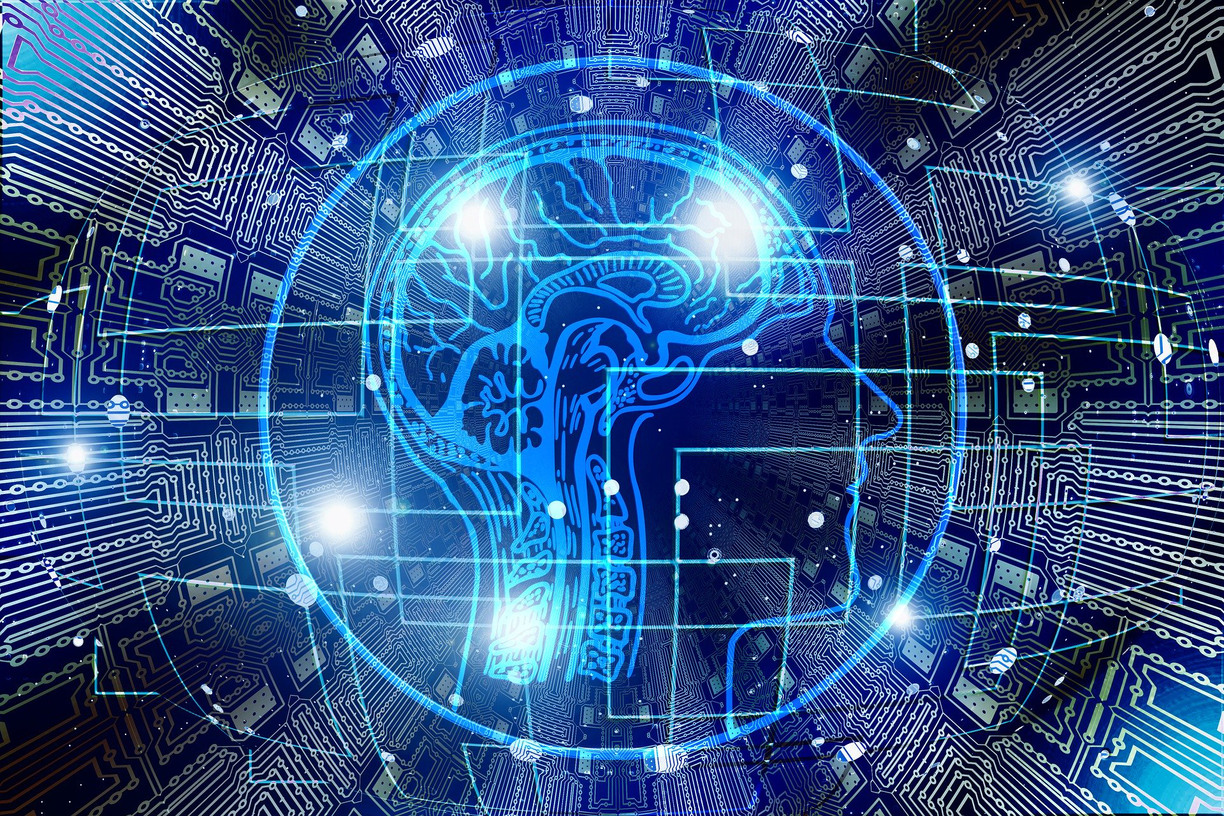
"We wanted to investigate how a machine learning algorithm stands against investors' judgment," says Professor Malin Malmström.
8 December 2020
AI or human – who makes the smartest investments?
Do algorithms make better and fairer investments in start-ups than human angel investors do? Luleå University of Technology professor Malin Malmström has investigated this together with colleagues from Hanken School of Economics in Finland and St Gallen University in Switzerland. The results have now been published in the prestigious Harvard Business Review.
It is becoming increasingly common for venture capital funds to use artificial intelligence to support investment decisions.
Individual investors in start-ups do not yet have access to AI tools in the same way. So-called angel investors – private individuals who invest money and knowledge in start-up companies – still often have to rely on their own experience and gut feeling.
– We wanted to investigate how a machine learning algorithm stands against investors' judgment to choose the most profitable start-up companies to invest in, says Malin Malmström, professor of entrepreneurship and innovation at Luleå University of Technology.
Algorithm for investment decisions
Together with researchers in Finland and Switzerland, she has used machine learning and created an algorithm for investment decisions. The algorithm’s decisions were based on the same data that was available to the angel investors at the time, which included pitch material, social media profiles, websites, and so on.
The researchers then used the data to train an algorithm on common information for investors to make decisions on, and linked the information to a start-up company's chances of survival and returns.
The algorithm has picked out what it sees as the most promising investments from 623 investment offers available for a European network of angel investors. The researchers compared the returns in the start-up companies that the algorithm selected against the returns in 255 angel investors' portfolios. It has also been studied whether the return differs depending on how experienced the angel investors are, ie how many previous investments they have made. Those who in the study are called "experts" have at least ten previously made investments. If there are fewer, they are called "novices".
The results, now published in the Harvard Business Review, show that:
- The algorithm generally makes better investment choices than angel investors.
- Angel investors are affected by bias* in their investment choices, which impairs investment choices, especially among novices. They are more affected by bias such as opting out of investments in women entrepreneurs and in entrepreneurs with a foreign background.
- Experienced angel investors achieve higher returns, but only those who are able to counteract bias achieve better results than the algorithm. Experienced angel investors who are affected by bias have significantly lower returns than the algorithm.
– The algorithm can be seen as a complement to make better investment choices. But while the algorithm can provide support for decisions, it does not replace human decision-making. Rather, a combination can be a good model, especially for inexperienced investors, says Malin Malmström.
Not free from bias
The research results show that the algorithm also has bias built into its core. Although yield and survival are relatively objective data, the data with which the algorithm is fed are not free from bias. Malin Malmström emphasizes that AI itself is not irrational but reproduces previous irrational decision patterns, such as social inequality, which then follows in the form of historical data when the algorithm is developed.
– If women have been denied funding or received less funding earlier and therefore had a poorer development, it will be something that the algorithm takes further. Using AI to fight inequality is challenging, she says adding:
– It requires an awareness and norm-critical analysis in the development of algorithms where consideration for and pairing of bias is included from the beginning of the algorithm development. Otherwise, future AI risks reflecting, projecting and passing on grounds of discrimination that reinforce social inequality and harm economic development and growth.
* To be unconsciously selectively aware of such information that confirms one's own perceptions or perceptions, which can lead to systematic errors in the collection and interpretation of information.
Published:
Updated:
